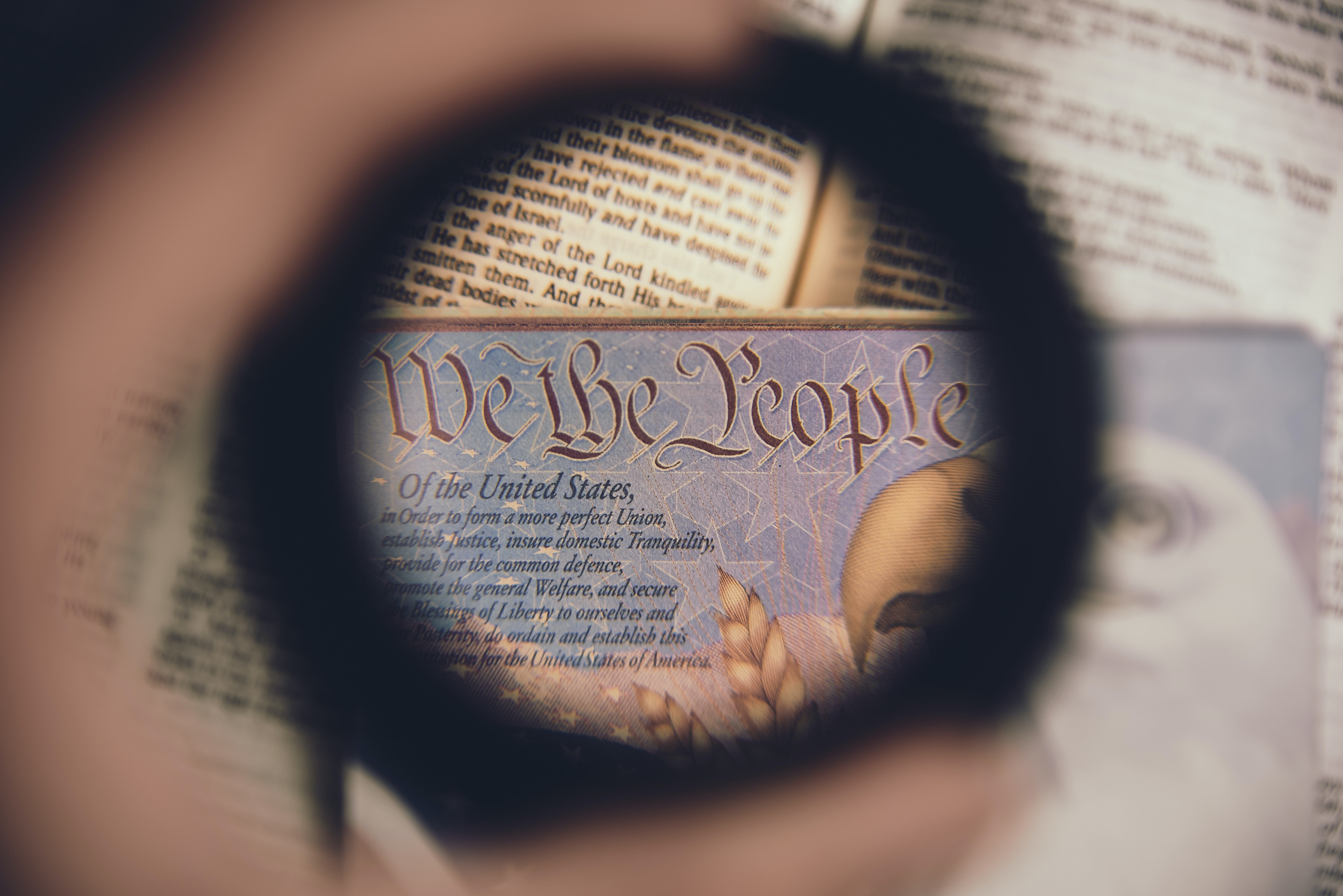Artifacts are a learning opportunity
Published 12:00 pm Monday, February 8, 2016
I am writing in response to the letter to the editor published on Jan. 31 from the University of Mississippi’s Native American and Indigenous Studies Working Group.
As is typical with much of the academic archaeological community, the elitist attitude conveyed in this letter is filled with inaccuracies and contradictions.
And the disdain placed toward the Oxford EAGLE for printing the article is also misplaced considering they covered only activities and items which are fully legal and clearly protected by state and federal law. No “looting” or other unethical or illegal activity has occurred.
The letter makes the assumption that individuals who buy, sell or collect native artifacts are not learning about them.
Quite to the contrary, most serious collectors fervently pursue knowledge of ancient peoples and their artifacts through books, archaeological journals, shows, lectures, etc. Many outdoor enthusiasts such as hikers and campers have no interest in native history until their interest is sparked by an accidental arrowhead find. So the act of finding an artifact is often the sole catalyst for learning about native cultures.
Another misconception represented in this letter is that artifacts found and collected by private citizens are “removed from their context” and consequently “great history and information is lost.” This is very rarely the case, as most artifacts collected are surface finds which have already been displaced by erosion, construction or agriculture. If not picked up by artifact collector, these would be left to be further displaced and possibly even destroyed by these forces. A private individual picking artifacts up would yield no less contextual data than if a group of trained archaeologists had done so.
Also interesting is the blatant contradiction propagated in the letter. In stating that the “thousands of artifacts” collected (largely in the same manner as current artifact hunters) and donated by Mississippians beginning in 1917 are currently being “curated and inventoried,” it is suggested that the found and donated items do have archaeological value. So which is it? Do privately collected artifacts have archaeological value or not? If not then why are they being curated?
The letter mentions that these donated artifacts are currently being stored with “One goal of this project [being] to create a museum on campus in which these artifacts can be displayed and we can all learn about Mississippi’s great history.”
Again, the erroneous perception put forth is that learning can only take place in a museum and/or on campus. While this plan of a museum is admirable, in the meantime private collectors are learning daily about and cherishing ancient artifacts through dealers like myself, on artifact collecting websites, and at artifact shows across the country.
Last weekend we attended an artifact show in Georgia that had attendance of more than 3,000 people who were presented with many educational displays of artifacts and knowledgeable individuals in the field eager to share and learn. How many visitors did your Indigenous Studies Group welcome to learn about artifacts and native culture last weekend? If you are supposedly the only worthy source for education about native history, you are sadly losing the race.
In closing, I’d like to give some idea of the vast number of artifacts created by our native ancestors, and the futility of an institution thinking it can curate them all. I am only one dealer of many in the United States, and alone have bought and sold more than 15,000 arrowheads and other artifacts in the past year. It would be quite daunting for the university to set aside enough space to display every last common arrowhead that is discovered.
The belief that private individuals should be discouraged from collecting and enjoying a few artifacts of their own is akin to allowing books to be only read at libraries, and not taken home or owned privately or given as gifts. Museums are great for that one field trip per year, and a wonderful source of information, but equally wondrous is the ability for an inquisitive child to hold and feel and examine a piece of history in his own home as often as he likes.
I encourage your group to promote and expand the enthusiasm for knowledge of our ancient ancestors, instead of trying to unreasonably hoard all artifacts and monopolize their enjoyment. This attitude reminds me of the stereotypical spoiled child who would gather up all his toys just for the purpose of keeping other children from playing with them. This is the same child who usually ends up playing alone…
Brock Smith
Oxford




